Home / jammu-kashmir / Jammu-Kashmir Faces Severe Drought: Water Crisis, Forest Fires, and Delayed Winter Games
Jammu-Kashmir Faces Severe Drought: Water Crisis, Forest Fires, and Delayed Winter Games
By: My India Times
6 minutes read 43Updated At: 2025-02-18
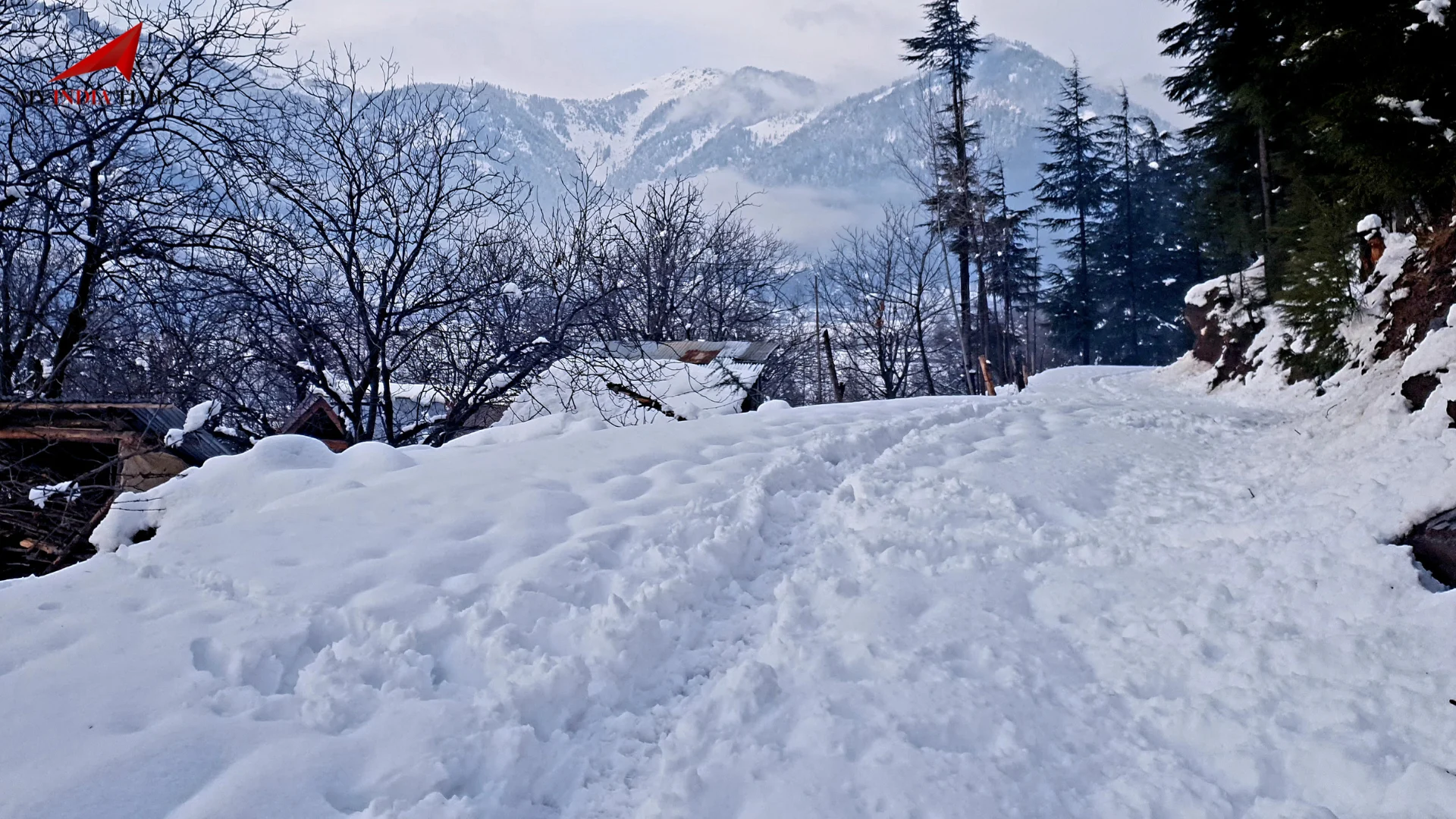
Jammu and Kashmir is grappling with an unprecedented drought, exacerbated by a lack of rain and snowfall this winter. The region, renowned for its vibrant greenery and captivating landscapes, is currently experiencing significant water shortages, diminishing rivers and springs, a rise in forest fires, and interruptions to the highly anticipated Khelo India Winter Games.
Severe Drought Grips Jammu and Kashmir
The ongoing drought in Jammu and Kashmir is being hailed as one of the most severe in recent memory. With little to no rainfall and snowfall, the region’s already fragile water supply has been further depleted. Famous springs and rivers, which once sustained not only the natural ecosystem but also the daily water needs of the residents, are now running dry. The lack of snow in the higher reaches has affected the region’s natural water supply, especially in the winter months when these sources typically replenish.
Several prominent springs, including those in southern Kashmir, have dried up, causing an acute water crisis. These include the famous Mughal Garden spring, Achbal spring, and tributaries of the Jhelum River. The Jhelum River, which originates in southern Kashmir and flows through the entire valley, is a critical water source for the region. However, with its tributaries drying up, the situation has turned dire, leading to a substantial shortage of drinking water across the valley.
Worsening Water Shortage in Srinagar and Beyond
In the summer capital of Srinagar, residents are already feeling the pinch. Many localities in Srinagar are facing a severe drinking water shortage. Citizens are being forced to rely on the limited supply of water, while others have to resort to fetching water from distant sources. Retired government employee from Anantnag district, Muhammad Ibrahim, shares his distress, stating, "In my lifetime, I have never witnessed these springs drying up. Climate change and increasing temperatures have significantly affected this water-rich region. These developments indicate a time of profound concern, as human activities increasingly disrupt the natural environment.
The administration has also issued notices about the water shortage in different parts of the region. Specifically, in Baramulla district, a notice was released informing the public that the water supply would be severely affected due to low water levels in the Jhelum River. Baramulla, located at the point where the Jhelum River crosses the Line of Control, is one of the key sources of water for many areas in Jammu and Kashmir. With dwindling water levels, the situation is becoming increasingly critical for residents.
Lack of Rainfall and Snowfall: Impact of Climate Change
Meteorologists are pointing to climate change as a significant factor behind this year’s weather anomalies. According to the Director of the Meteorological Department (MeT), Mukhtar Ahmed, Kashmir has received a drastic drop in rainfall and snowfall this winter. “We have received 80% less rainfall and snowfall during January and February compared to previous years. This is mainly due to the absence of any significant western disturbance,” he explained.
Western disturbances, which usually bring much-needed snowfall to the region, have been scarce this season. These weather patterns typically provide the much-needed moisture that replenishes rivers, lakes, and other water sources across Jammu and Kashmir. With the lack of this critical weather phenomenon, the region is seeing a significant disruption in its water cycle.
Forest Fires on the Rise
The drought has also contributed to the rise in forest fires in the region. Dry conditions have created the perfect environment for wildfires, which are spreading rapidly across Kashmir’s lush forests. Forest officials have reported at least 50 incidents of forest fires in the last two weeks alone. These fires not only threaten the region's biodiversity but also add to the environmental destruction caused by the drought. With forests already drying out, the risk of fire is expected to increase further in the coming weeks if the weather does not improve.
Authorities are struggling to control the fires, as the terrain in some of the affected areas is difficult to access. The combination of high temperatures, dry forests, and the absence of significant rainfall has made firefighting efforts challenging. As a result, large tracts of forest land are being destroyed, further exacerbating the region’s environmental crisis.
Khelo India Winter Games Postponed Due to Lack of Snowfall
In an unfortunate turn of events, the Khelo India Winter Games, scheduled to be held from February 22 to 25 in Gulmarg, have been postponed due to the lack of snowfall. The event, which was expected to attract athletes and spectators from all over the country, was an important part of the region’s winter sports calendar. However, with the mountains receiving little to no snow, it has become impossible to conduct the winter sports events as planned.
The Jammu and Kashmir Sports Council confirmed that the 5th edition of the Khelo India Winter Games has been postponed indefinitely. The Council stated, “The lack of snow has led to the postponement of the Winter Games. We will reassess the situation once there is improvement in snowfall, and further announcements will be made accordingly.”
This delay is a significant blow to the winter sports industry in Kashmir, which has long been known for its ski resorts and snow sports. Gulmarg, in particular, attracts winter sports enthusiasts every year, and the Khelo India Winter Games were expected to bring international attention to the region’s winter tourism potential. However, with the ongoing drought and lack of snow, the region faces an uncertain future for its winter sports industry.
The Growing Concerns of Climate Change
The drought in Jammu and Kashmir is yet another example of the growing impact of climate change on the region. The scarcity of water, rising temperatures, and increasing forest fires all point to the wider environmental crisis that is affecting the world. As global temperatures continue to rise, regions like Jammu and Kashmir are experiencing extreme weather patterns that were once considered rare.
Local residents are deeply concerned about the long-term impact of these changes on their livelihoods. Farmers, who rely on irrigation from rivers and springs, are particularly worried about the drying up of water sources. Additionally, the increasing frequency of forest fires is threatening the region’s rich biodiversity, which includes several endangered species.
Hope for Change: Western Disturbance to Bring Snowfall
There is a glimmer of hope as meteorologists predict that a significant western disturbance might bring much-needed snowfall to Jammu and Kashmir by February 26. This could alleviate some of the water shortage and improve the situation for winter sports in the region. However, the delay in snowfall has already caused significant damage, and it remains to be seen whether the upcoming disturbance will be enough to reverse the damage caused by the drought.
....Jammu and Kashmir is grappling with an unprecedented drought, exacerbated by a lack of rain and snowfall this winter. The region, renowned for its vibrant greenery and captivating landscapes, is currently experiencing significant water shortages, diminishing rivers and springs, a rise in forest fires, and interruptions to the highly anticipated Khelo India Winter Games.
Severe Drought Grips Jammu and Kashmir
The ongoing drought in Jammu and Kashmir is being hailed as one of the most severe in recent memory. With little to no rainfall and snowfall, the region’s already fragile water supply has been further depleted. Famous springs and rivers, which once sustained not only the natural ecosystem but also the daily water needs of the residents, are now running dry. The lack of snow in the higher reaches has affected the region’s natural water supply, especially in the winter months when these sources typically replenish.
Several prominent springs, including those in southern Kashmir, have dried up, causing an acute water crisis. These include the famous Mughal Garden spring, Achbal spring, and tributaries of the Jhelum River. The Jhelum River, which originates in southern Kashmir and flows through the entire valley, is a critical water source for the region. However, with its tributaries drying up, the situation has turned dire, leading to a substantial shortage of drinking water across the valley.
Worsening Water Shortage in Srinagar and Beyond
In the summer capital of Srinagar, residents are already feeling the pinch. Many localities in Srinagar are facing a severe drinking water shortage. Citizens are being forced to rely on the limited supply of water, while others have to resort to fetching water from distant sources. Retired government employee from Anantnag district, Muhammad Ibrahim, shares his distress, stating, "In my lifetime, I have never witnessed these springs drying up. Climate change and increasing temperatures have significantly affected this water-rich region. These developments indicate a time of profound concern, as human activities increasingly disrupt the natural environment.
The administration has also issued notices about the water shortage in different parts of the region. Specifically, in Baramulla district, a notice was released informing the public that the water supply would be severely affected due to low water levels in the Jhelum River. Baramulla, located at the point where the Jhelum River crosses the Line of Control, is one of the key sources of water for many areas in Jammu and Kashmir. With dwindling water levels, the situation is becoming increasingly critical for residents.
Lack of Rainfall and Snowfall: Impact of Climate Change
Meteorologists are pointing to climate change as a significant factor behind this year’s weather anomalies. According to the Director of the Meteorological Department (MeT), Mukhtar Ahmed, Kashmir has received a drastic drop in rainfall and snowfall this winter. “We have received 80% less rainfall and snowfall during January and February compared to previous years. This is mainly due to the absence of any significant western disturbance,” he explained.
Western disturbances, which usually bring much-needed snowfall to the region, have been scarce this season. These weather patterns typically provide the much-needed moisture that replenishes rivers, lakes, and other water sources across Jammu and Kashmir. With the lack of this critical weather phenomenon, the region is seeing a significant disruption in its water cycle.
Forest Fires on the Rise
The drought has also contributed to the rise in forest fires in the region. Dry conditions have created the perfect environment for wildfires, which are spreading rapidly across Kashmir’s lush forests. Forest officials have reported at least 50 incidents of forest fires in the last two weeks alone. These fires not only threaten the region's biodiversity but also add to the environmental destruction caused by the drought. With forests already drying out, the risk of fire is expected to increase further in the coming weeks if the weather does not improve.
Authorities are struggling to control the fires, as the terrain in some of the affected areas is difficult to access. The combination of high temperatures, dry forests, and the absence of significant rainfall has made firefighting efforts challenging. As a result, large tracts of forest land are being destroyed, further exacerbating the region’s environmental crisis.
Khelo India Winter Games Postponed Due to Lack of Snowfall
In an unfortunate turn of events, the Khelo India Winter Games, scheduled to be held from February 22 to 25 in Gulmarg, have been postponed due to the lack of snowfall. The event, which was expected to attract athletes and spectators from all over the country, was an important part of the region’s winter sports calendar. However, with the mountains receiving little to no snow, it has become impossible to conduct the winter sports events as planned.
The Jammu and Kashmir Sports Council confirmed that the 5th edition of the Khelo India Winter Games has been postponed indefinitely. The Council stated, “The lack of snow has led to the postponement of the Winter Games. We will reassess the situation once there is improvement in snowfall, and further announcements will be made accordingly.”
This delay is a significant blow to the winter sports industry in Kashmir, which has long been known for its ski resorts and snow sports. Gulmarg, in particular, attracts winter sports enthusiasts every year, and the Khelo India Winter Games were expected to bring international attention to the region’s winter tourism potential. However, with the ongoing drought and lack of snow, the region faces an uncertain future for its winter sports industry.
The Growing Concerns of Climate Change
The drought in Jammu and Kashmir is yet another example of the growing impact of climate change on the region. The scarcity of water, rising temperatures, and increasing forest fires all point to the wider environmental crisis that is affecting the world. As global temperatures continue to rise, regions like Jammu and Kashmir are experiencing extreme weather patterns that were once considered rare.
Local residents are deeply concerned about the long-term impact of these changes on their livelihoods. Farmers, who rely on irrigation from rivers and springs, are particularly worried about the drying up of water sources. Additionally, the increasing frequency of forest fires is threatening the region’s rich biodiversity, which includes several endangered species.
Hope for Change: Western Disturbance to Bring Snowfall
There is a glimmer of hope as meteorologists predict that a significant western disturbance might bring much-needed snowfall to Jammu and Kashmir by February 26. This could alleviate some of the water shortage and improve the situation for winter sports in the region. However, the delay in snowfall has already caused significant damage, and it remains to be seen whether the upcoming disturbance will be enough to reverse the damage caused by the drought.
By: My India Times
Updated At: 2025-02-18
Tags: jammu-kashmir News | My India Times News | Trending News | Travel News
Join our WhatsApp Channel





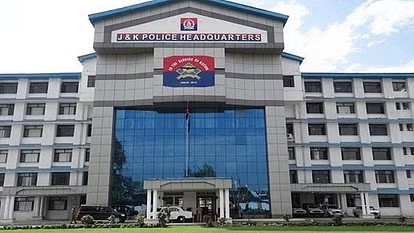
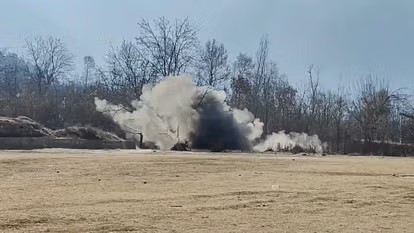
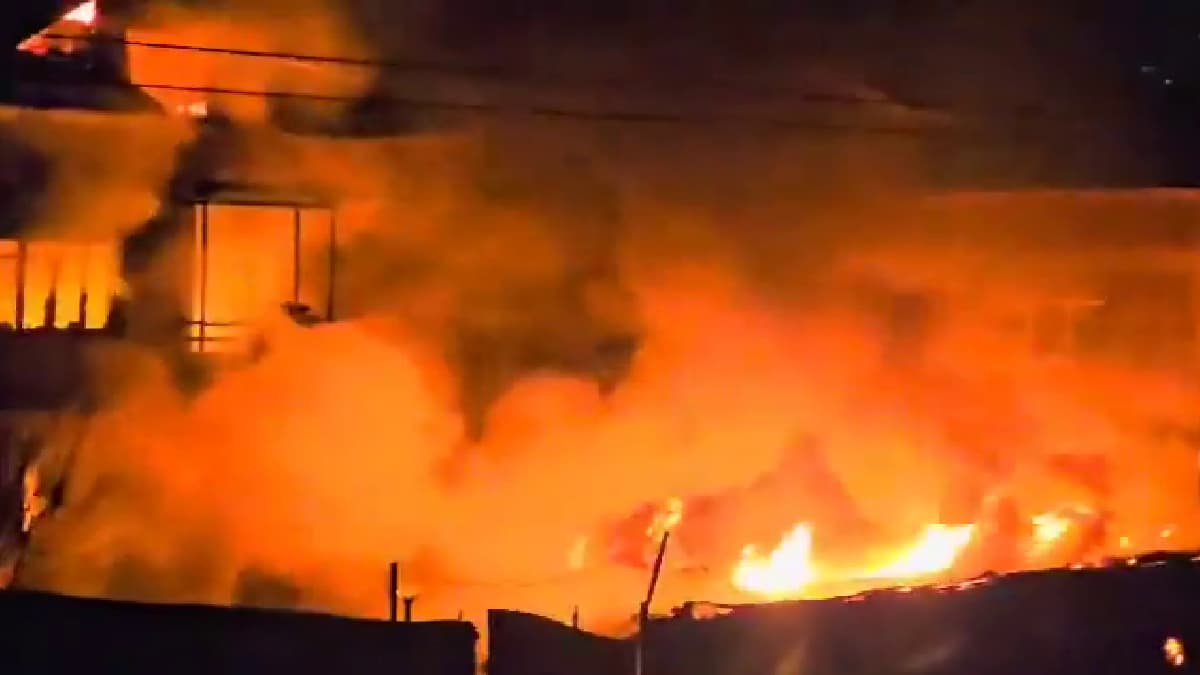



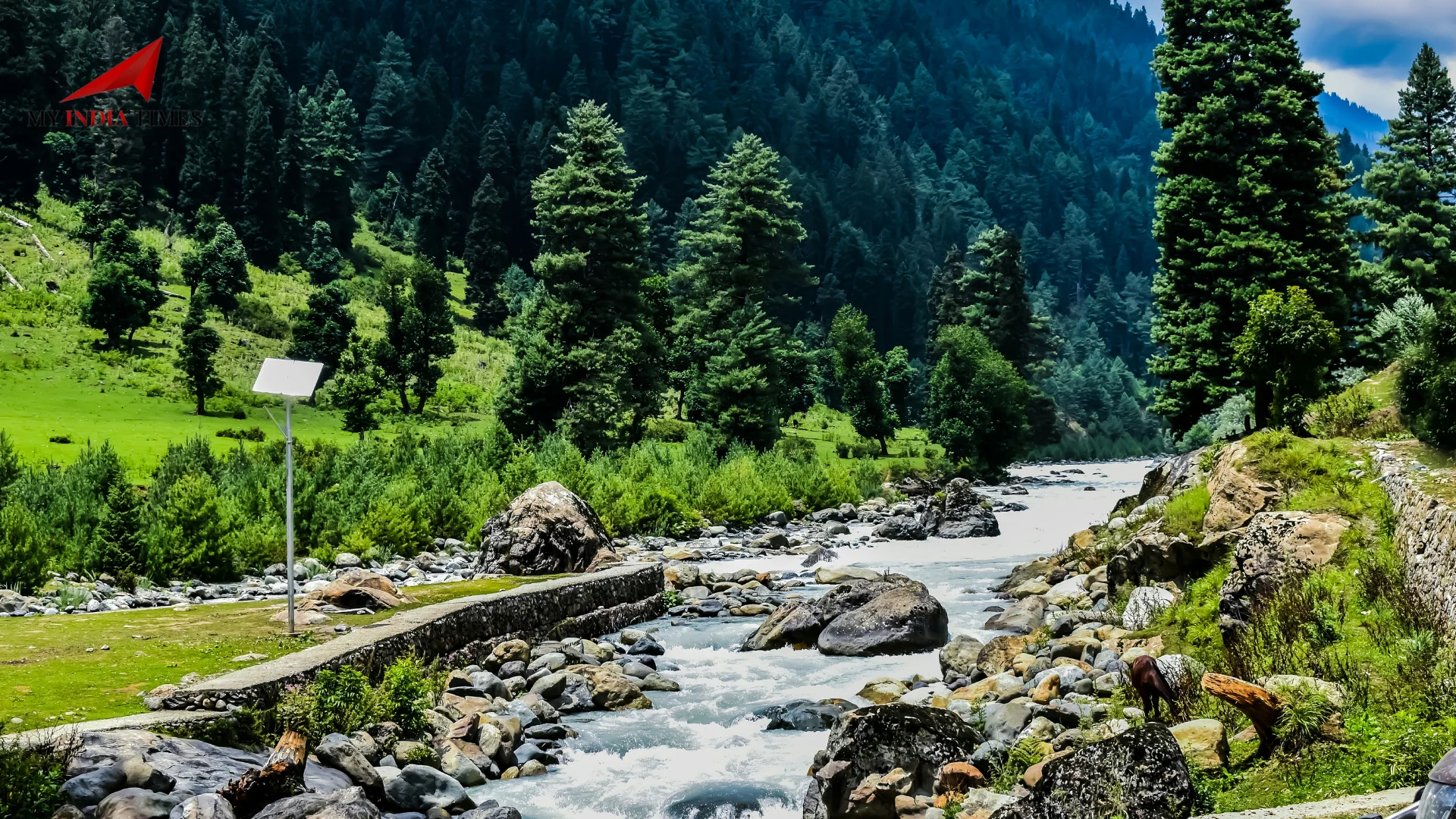
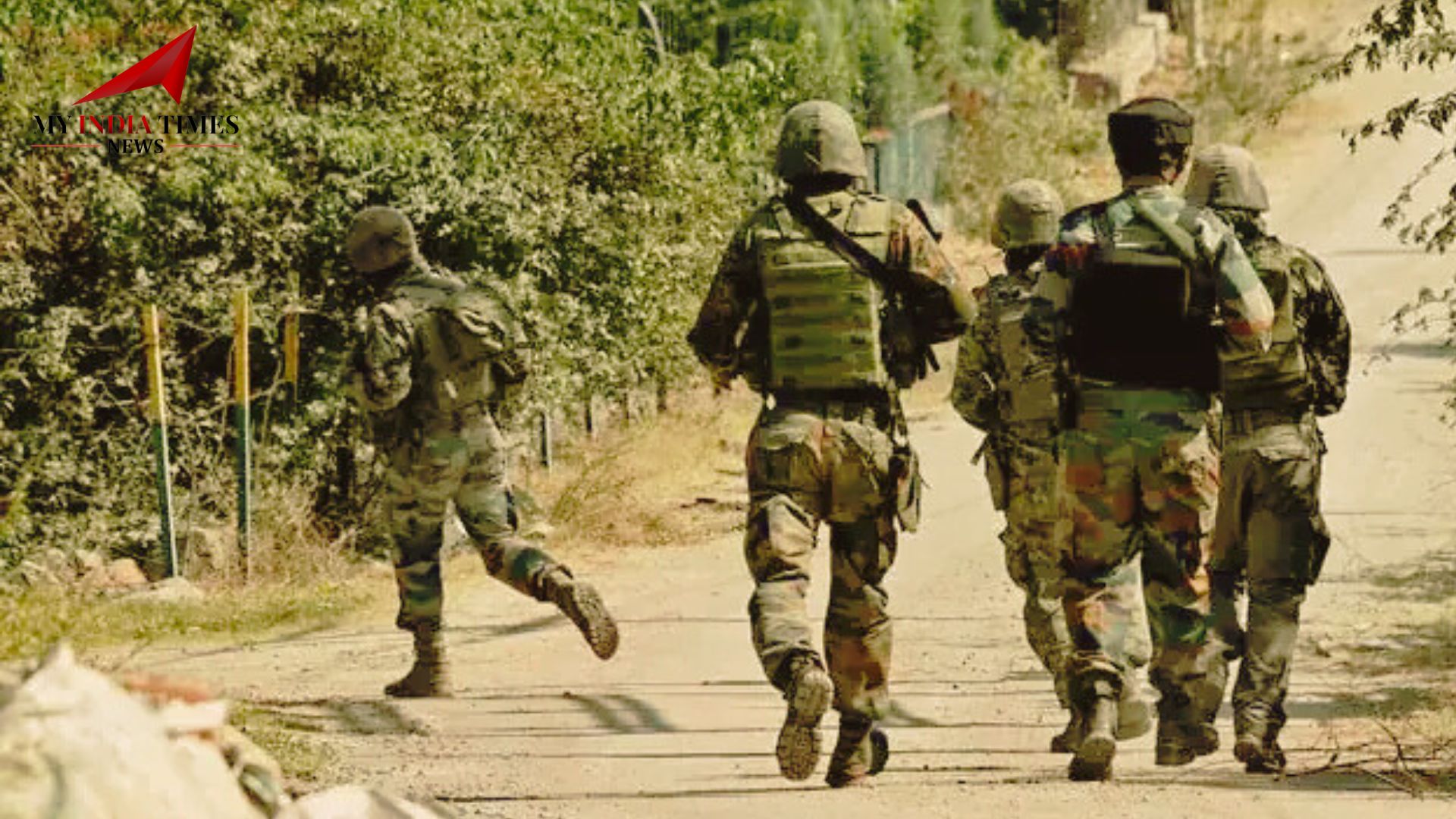


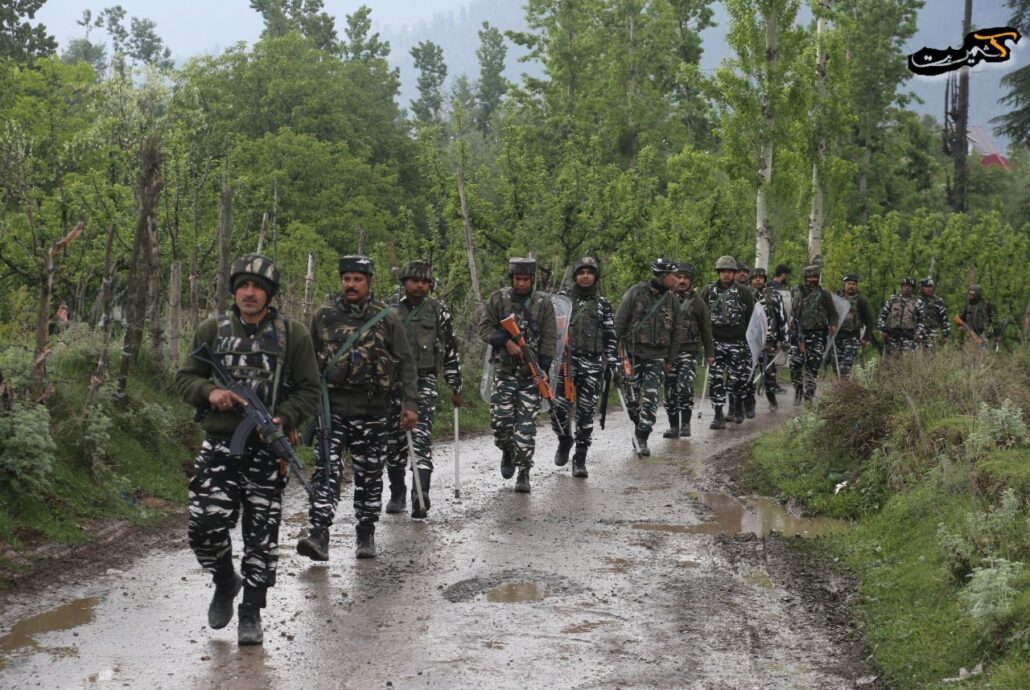
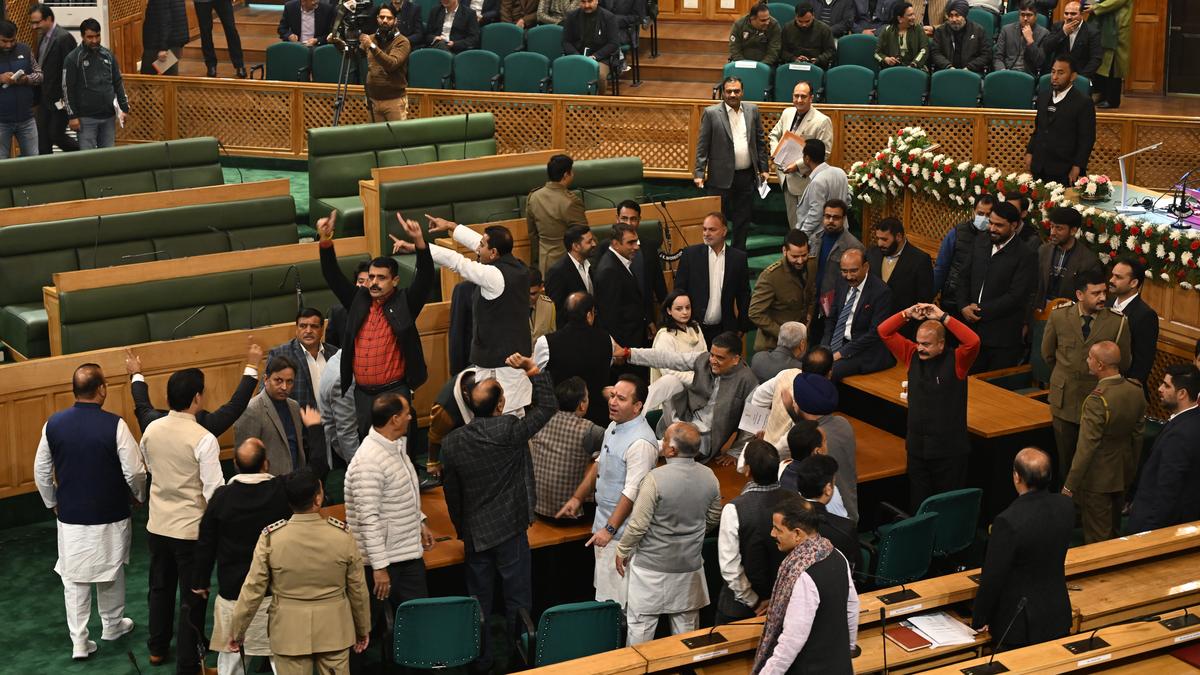

























































































.png)
 (1).png)























